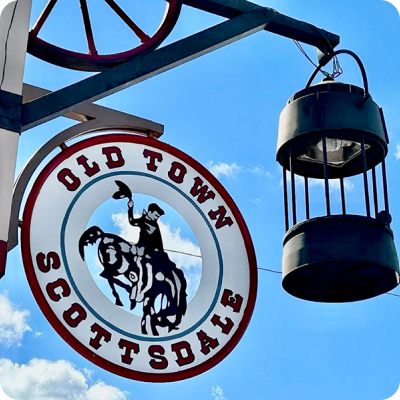What Will Happen If Your Clients’ Loved Ones Become Disabled?
We all plan for “just-in-case” scenarios. When packing for our week-long vacation, we throw in a rain jacket even though the weather forecast is sunny—just in case. When helping clients plan for the future, it is also important to consider what will happen just in case one of our clients’ loved ones becomes disabled.
We tend to think that disability is something that affects other people. But approximately 61 million adults in the United States live with a disability—that is one in four adults.[1] And more than one in four twenty-year-olds will become disabled before reaching retirement age.[2] Disability is unpredictable, and accidents or serious physical or mental conditions, such as cancer or mental illness, can happen to anyone at any age.
As helpful as it would be when advising our clients, no one has a crystal ball to see into the future. We do not know when a client will pass away, and we do not know what position a beneficiary will be in at the time of a client’s death. So even if our clients do not currently have a loved one who is disabled, it is critical not to overlook the question of what will happen if a client’s loved one becomes disabled at a future time.
If a loved one becomes disabled, they may need to rely on financial assistance from government programs such as Medicaid or Social Security Disability Insurance. Unfortunately, a monetary gift or inheritance may disqualify a person from receiving these public benefits. In this situation, a client’s well-meaning gift could become more of a curse than a blessing.
Standby Supplemental Needs Trust
To avoid the possibility that a disabled loved one will lose government benefits because they have too much money, a client may want to consider setting up a standby supplemental needs trust as part of their estate plan. The terms of a supplemental needs trust provide that the trust’s money and property are only available to “supplement” the government benefits a beneficiary may be receiving. Therefore, the trust’s money and property are not included as available resources when determining a beneficiary’s eligibility for government needs-based benefits. A “standby” supplemental needs trust does just what its name implies: the supplemental needs trust is not created automatically but is on standby and comes into existence only if a beneficiary is disabled at the time of the client’s death or, depending on the applicable state’s eligibility rules, becomes disabled at a later date but before the trust has been fully distributed. If the disabled beneficiary is receiving public assistance at the time of the client’s death, the inheritance the beneficiary receives in a properly drafted supplemental needs trust will not disqualify them from the public assistance benefits but instead can be used to supplement the benefits they are receiving from the government and enhance the beneficiary’s life.
When advising our clients about planning for the future, we provide great value by helping them think through the what-if scenarios. Failing to help them think through what would happen if a loved one became disabled could result in trust assets being completely consumed by a disabled beneficiary’s care instead of wisely invested and used to enhance their life. Further, such failure could be viewed as professional negligence.
Since no one knows what the future holds, nearly every client could benefit from including standby supplemental needs trust provisions in their estate plan. If the standby supplemental needs trust is not needed at the time of the client’s death, then the trust will not come into existence. But it does not hurt to include it—just in case.
[1] Disability Affects All of Us, CDC.gov, https://www.cdc.gov/ncbddd/disabilityandhealth/documents/disabilities_impacts_all_of_us.pdf (Sep. 16, 2020).
[2] The Faces and Facts of Disability, SSA.gov, https://www.ssa.gov/disabilityfacts/facts.html (last visited Feb. 2, 2022).







